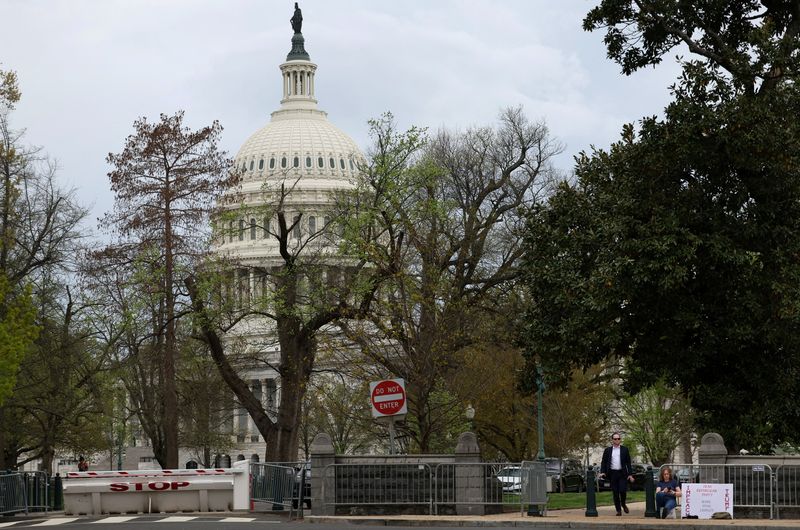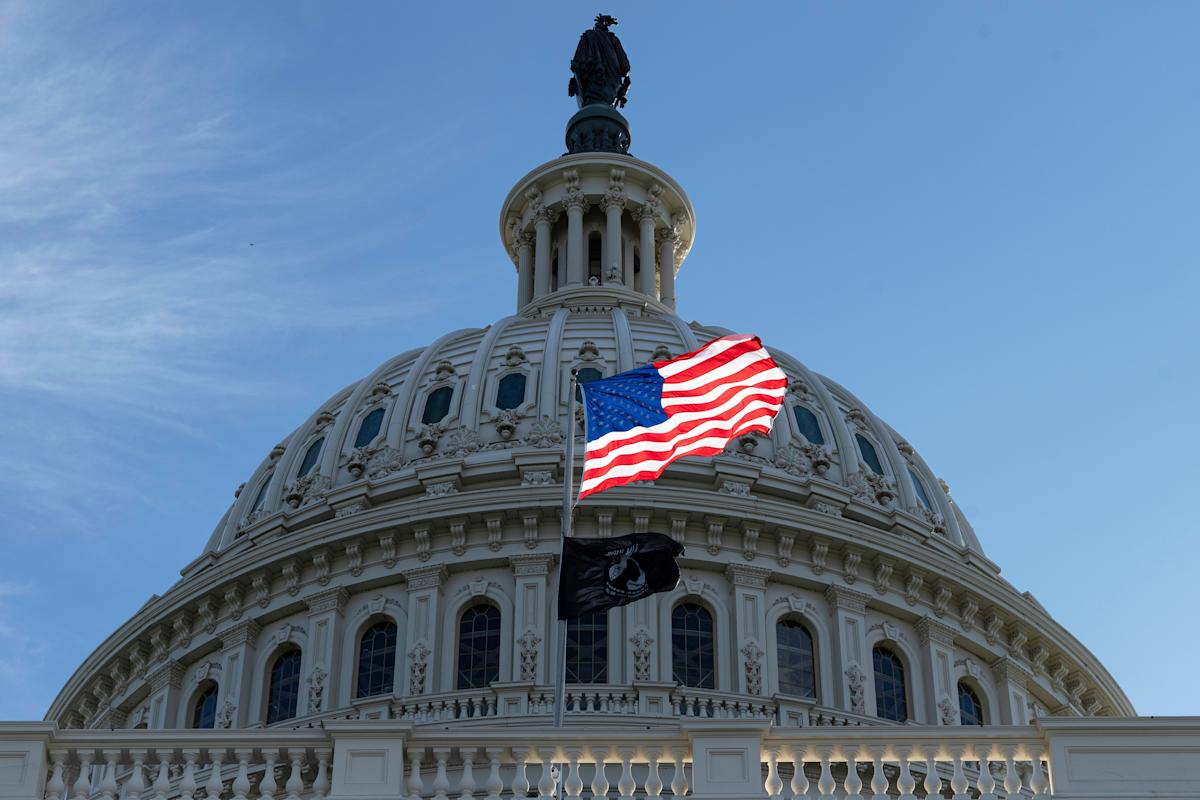U.S. Budget Deficit Rises Despite Record Tariff Revenue

July's Budget Deficit and Revenue Highlights
The U.S. budget deficit for July surged 20% year-over-year, reaching $291 billion, according to data from the Treasury Department. Despite this, customs duties provided a notable revenue boost, hitting a record $27.7 billion for the month—a 273% increase compared to the same period last year. This surge in tariff collections stems primarily from elevated rates on imports imposed during the Trump administration. However, these revenue gains were not sufficient to offset the overall deficit growth, as federal expenditures continued to rise at a faster pace than receipts.
Key Drivers of the Growing Deficit
Several factors contributed to the escalating deficit. Among them, rising expenditures on social programs such as Social Security and Medicare, combined with increasing interest payments on public debt, were the most significant. The impact of record-high customs duties, while substantial, remains relatively small compared to overall federal spending. Analysts note that while tariffs have provided a new revenue stream, the associated economic costs, including inflationary pressures and reduced consumer purchasing power, may offset their benefits. Additionally, the unpredictable nature of tariff policies has created challenges in accurately forecasting their long-term impact on federal finances.
Year-to-Date Deficit and Economic Implications
For the first 10 months of the fiscal year, the U.S. budget deficit climbed to $1.63 trillion, marking a 7% increase from the same period last year. Federal receipts totaled $4.35 trillion during this timeframe, reflecting a 6% growth, but expenditures outpaced revenues, rising 7% to $5.98 trillion. Economists have raised concerns about the long-term implications of this trend, including heightened inflation risks and slower economic growth. The Congressional Budget Office has previously warned that sustained deficits could lead to higher borrowing costs for households and businesses, potentially dampening investment and consumer spending.
 Sources
Sources- deficit grows $291 billion July despite tariff revenue surge
 yahoo
yahoo - July budget deficit 20% year-over-year despite record Trump tariff income
 yahoo
yahoo - Tariffs bring record $27.7 billion July Trump calls haul 'incredible country'
 yahoo
yahoo - AP Top Financial News at 12:20 a.m. EDT
 yahoo
yahoo
 Keep Reading
Keep ReadingAbout the author

Top News
Related Articles
- deficit grows $291 billion July despite tariff revenue surge
 yahoo
yahoo - July budget deficit 20% year-over-year despite record Trump tariff income
 yahoo
yahoo - Tariffs bring record $27.7 billion July Trump calls haul 'incredible country'
 yahoo
yahoo - AP Top Financial News at 12:20 a.m. EDT
 yahoo
yahoo
People Also Watch





















